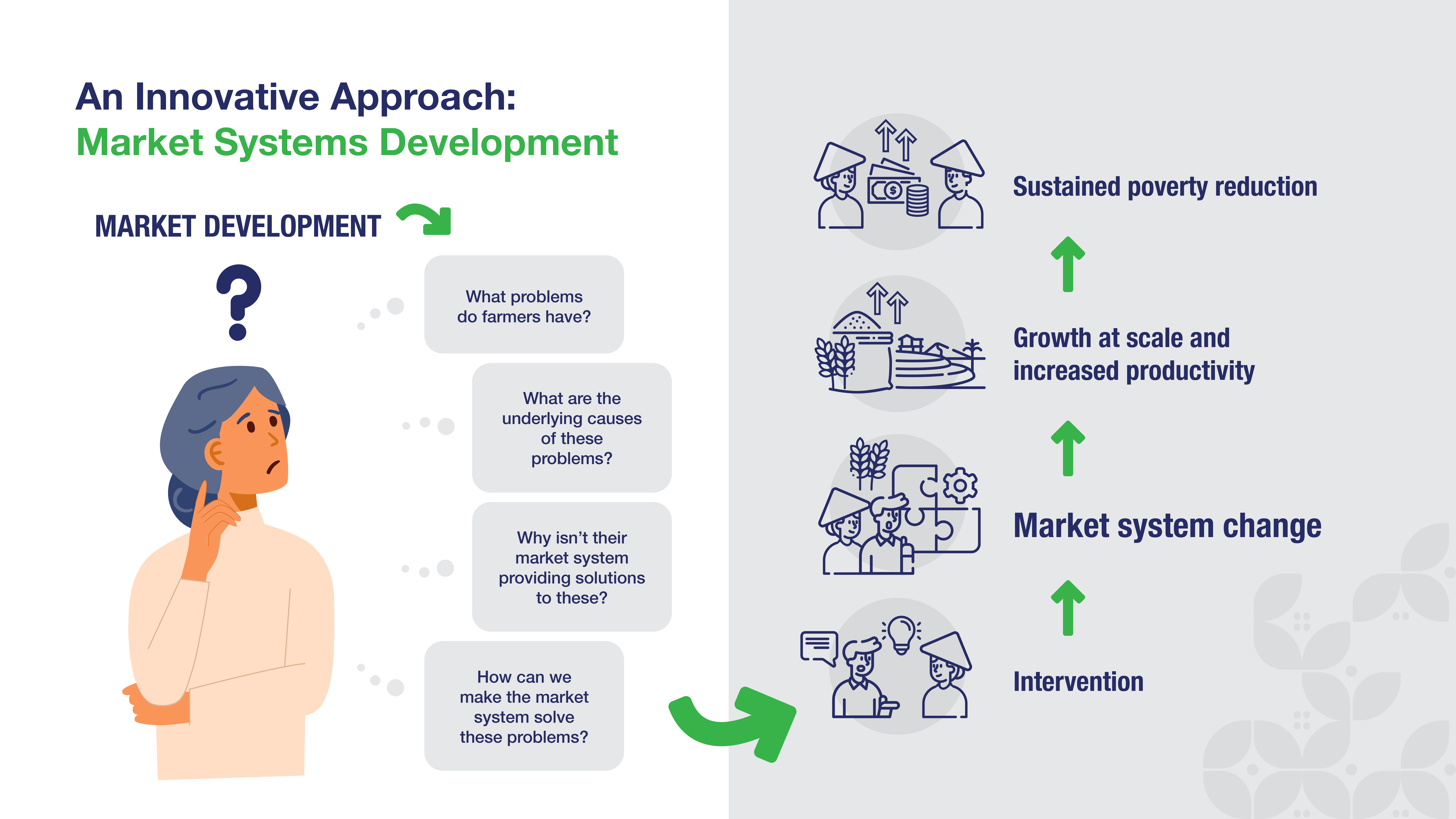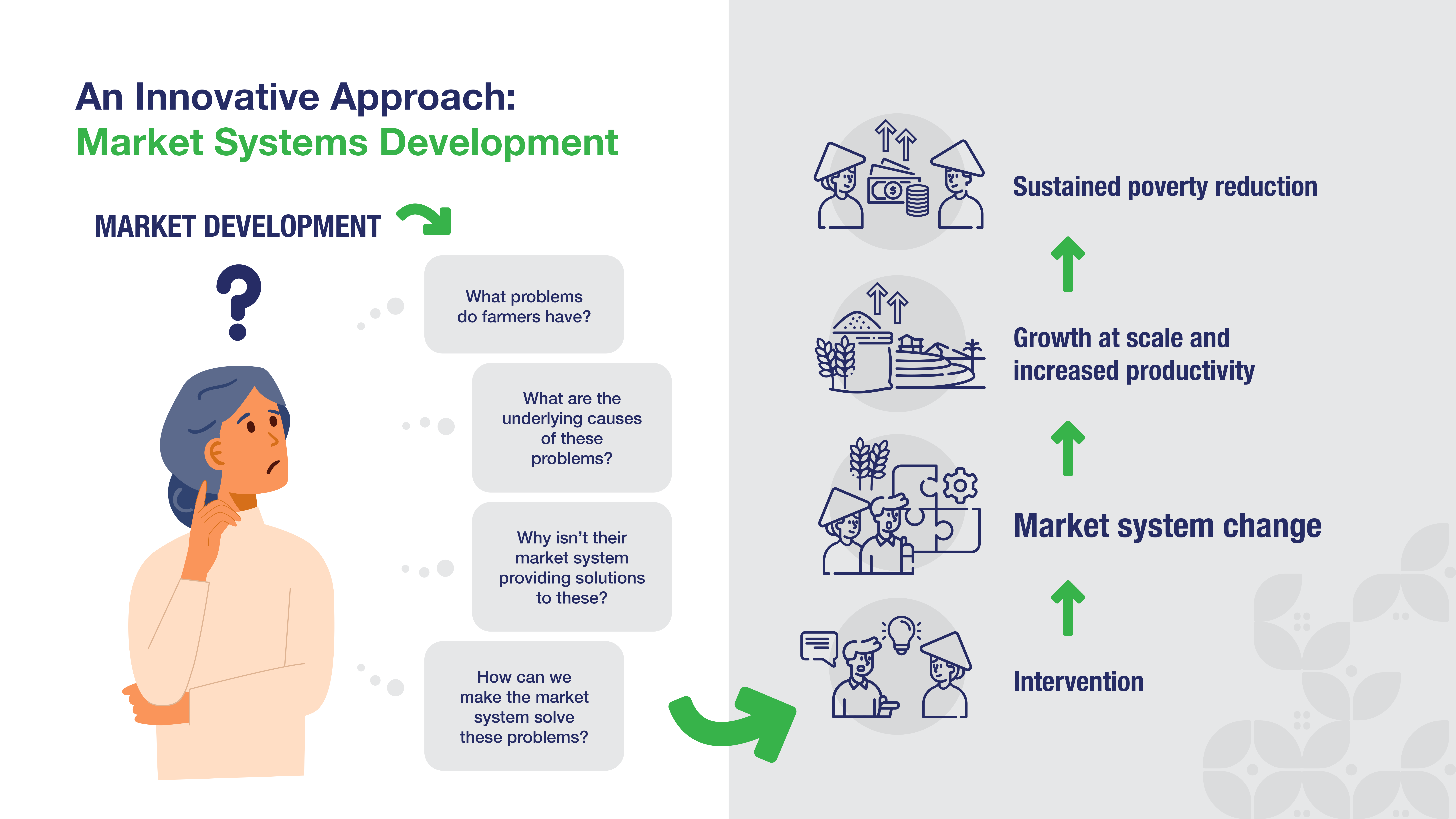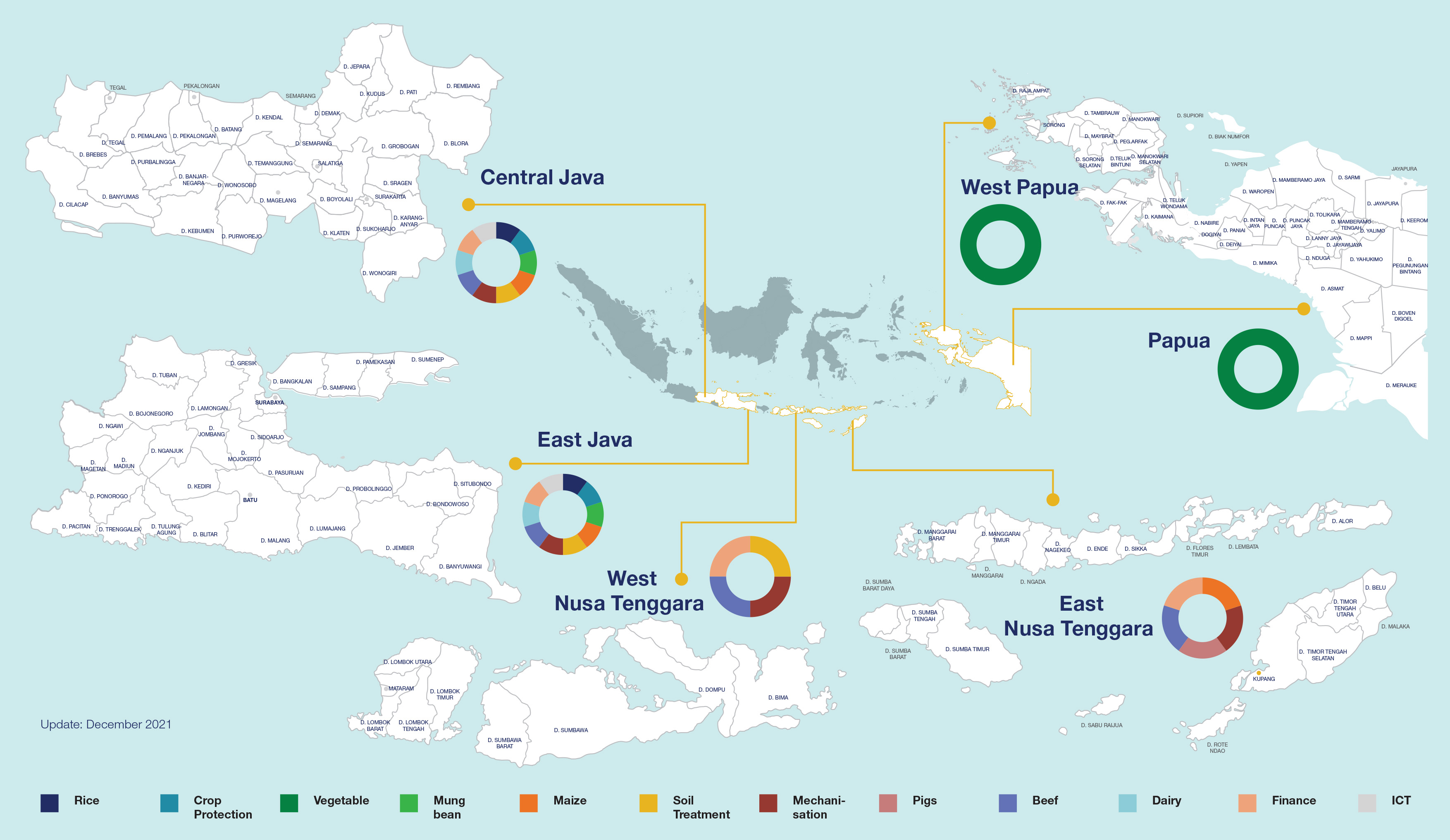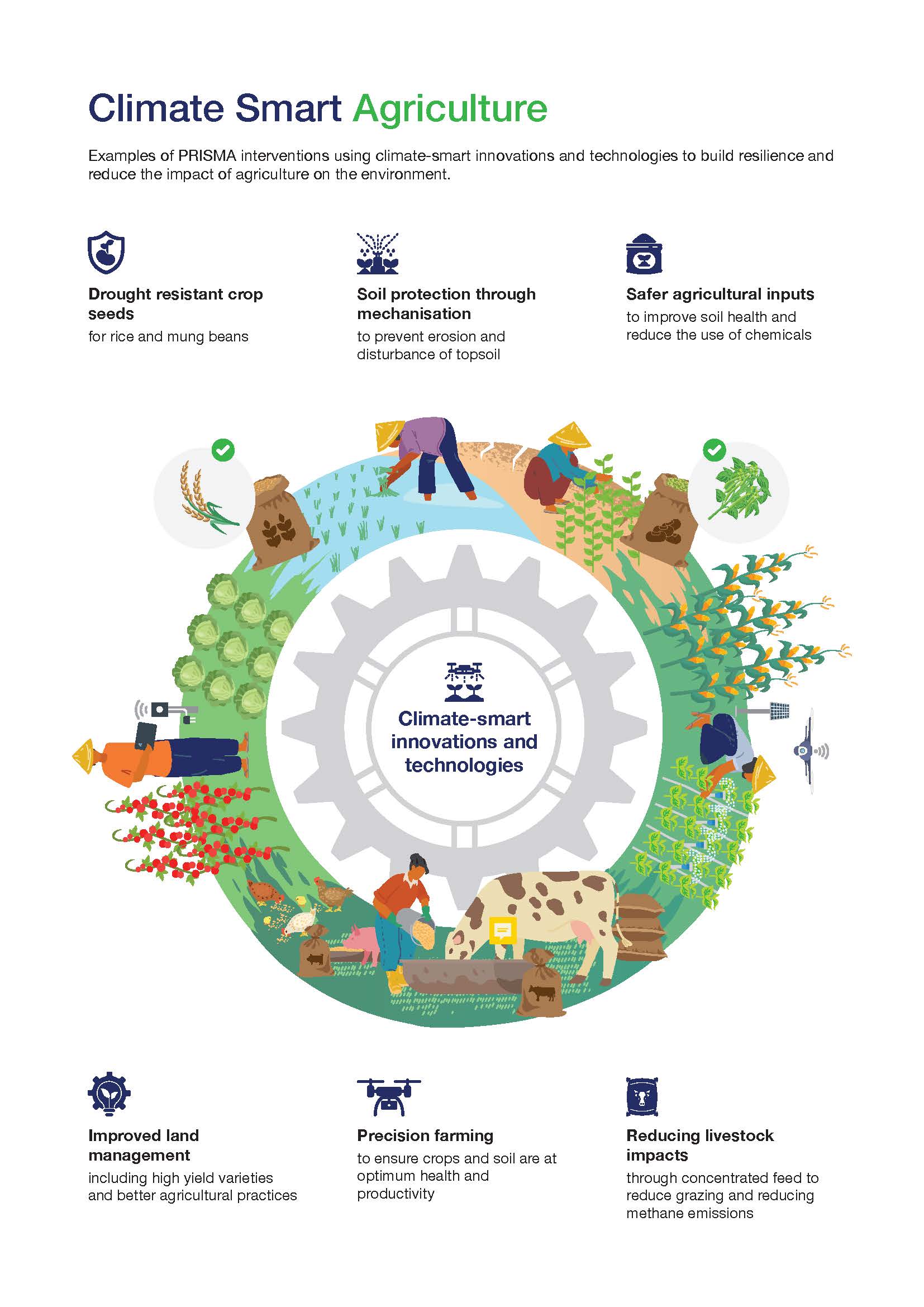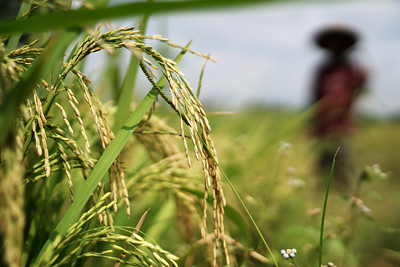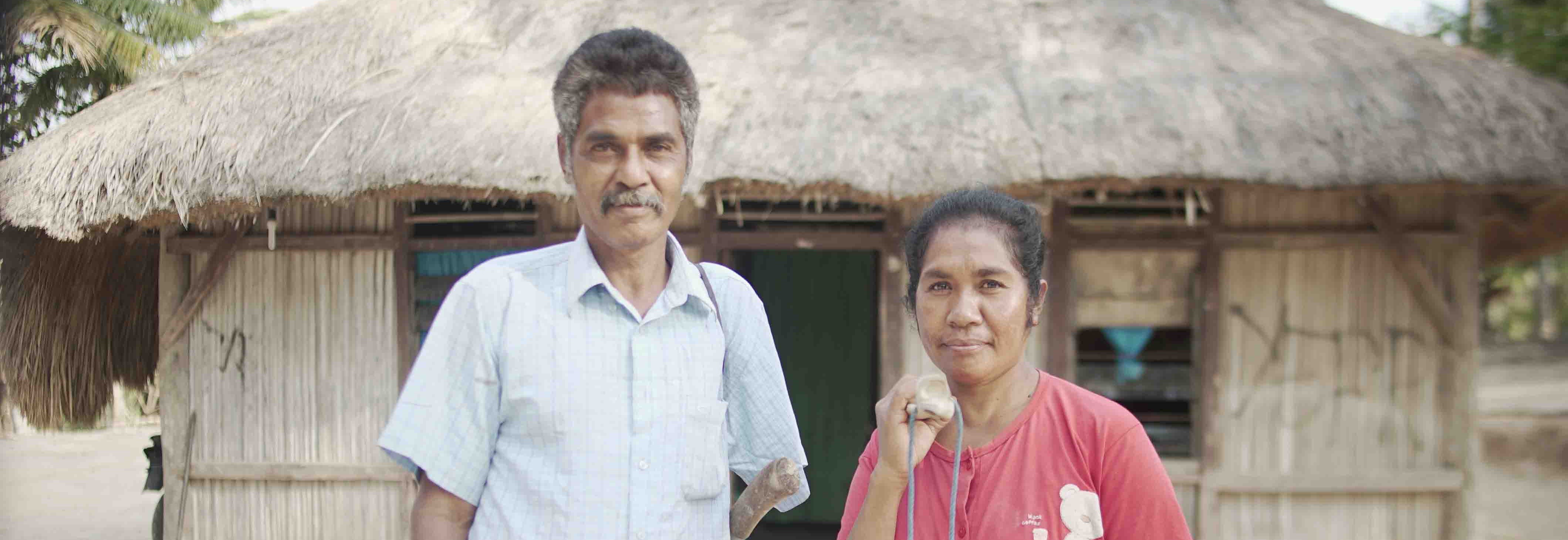

About PRISMA
PRISMA (The Australia-Indonesia Partnership for Promoting Rural Incomes through Support for Markets in Agriculture) is an innovative partnership between the Government of Indonesia and the Government of Australia to grow agricultural markets in rural Indonesia. Our strategic aim is to address food security and poverty by making rural markets more inclusive. We do this by partnering with businesses and government to remove market barriers and introduce product and production innovations.


